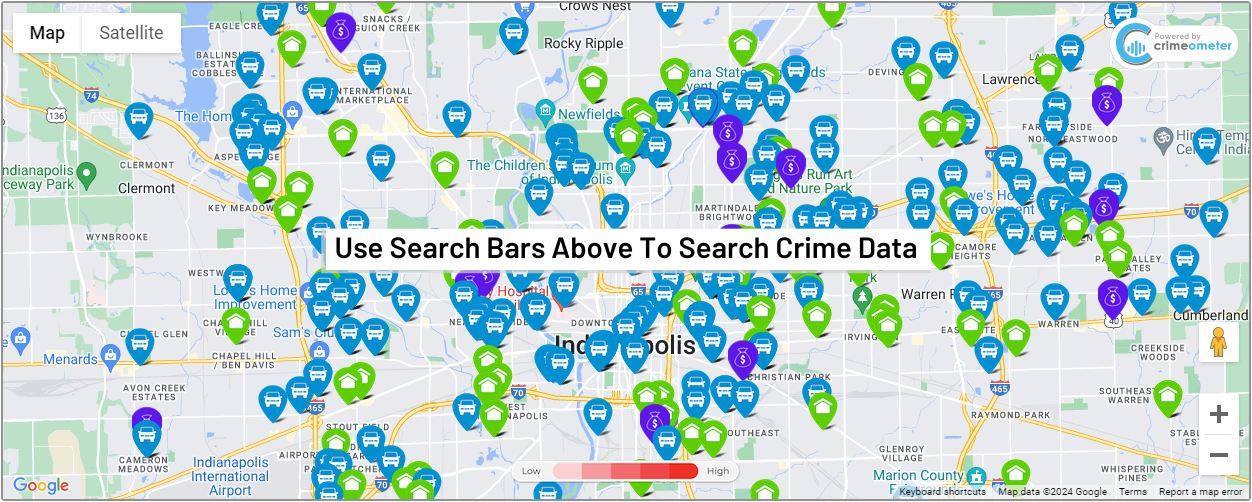Frankfort assembles panel to discuss rise in drug overdoses
FRANKFORT, Ind. (AP) – A small central Indiana city has convened a panel of local stakeholders who will meet next week to discuss an alarming rise in drug overdoses.
Frankfort Police Chief Troy Bacon told the (Lafayette) Journal & Courier that the overdoses have reached epidemic proportions. He said the city has seen a 133 percent surge in overdoses this year, from nine at the same time last year to 21 as of April 19.
In 2015, four people died of drug overdoses in Clinton County, according to figures provided by coroner Amanda Abbott. Her office is awaiting toxicology results on four potential overdoses that occurred since April 1.
In an effort to stem the increase in overdoses, the Frankfort Police Department has invited authorities in fields such as law enforcement, education and health to join the panel discussion.
“You can’t police away addiction. It just doesn’t work that way, and oftentimes we bear that responsibility,” Bacon said. “But it’s a societal problem, it’s a health problem, and that’s why I wanted to have … all these people together and say, ‘What can we do as a community, if anything, to help affect this?’”
Frankfort Mayor Chris McBarnes said he wants residents and people who are thinking about moving there to know the city is “being proactive” and is “meeting those issues head on.”
“We know we have a long way to go, and we’re trying to get the correct stakeholders around the table for solutions.”
Local law enforcement and criminal justice agencies also are seeking solutions.
Frankfort’s police department recently completed training on the use of naloxone, also known by the brand name Narcan, an opiate antidote that can reverse overdose symptoms. Clinton County has secured funding for an additional K-9 for its sheriff’s office and addiction and mentoring services at the jail, according to Nancy Ward, local coordinator for the county’s drug and alcohol coalition.
Ward is currently working with the county’s courts, prosecutor’s office and board of health to roll out Vivitrol, an extended release from of naloxone, which prevents addicts from getting high on opiates for about 30 days.
“The opioids can’t bind to the brain, so they can’t get a high,” she said. “We’re going to look to combine that with treatment for some of the addicts.”




